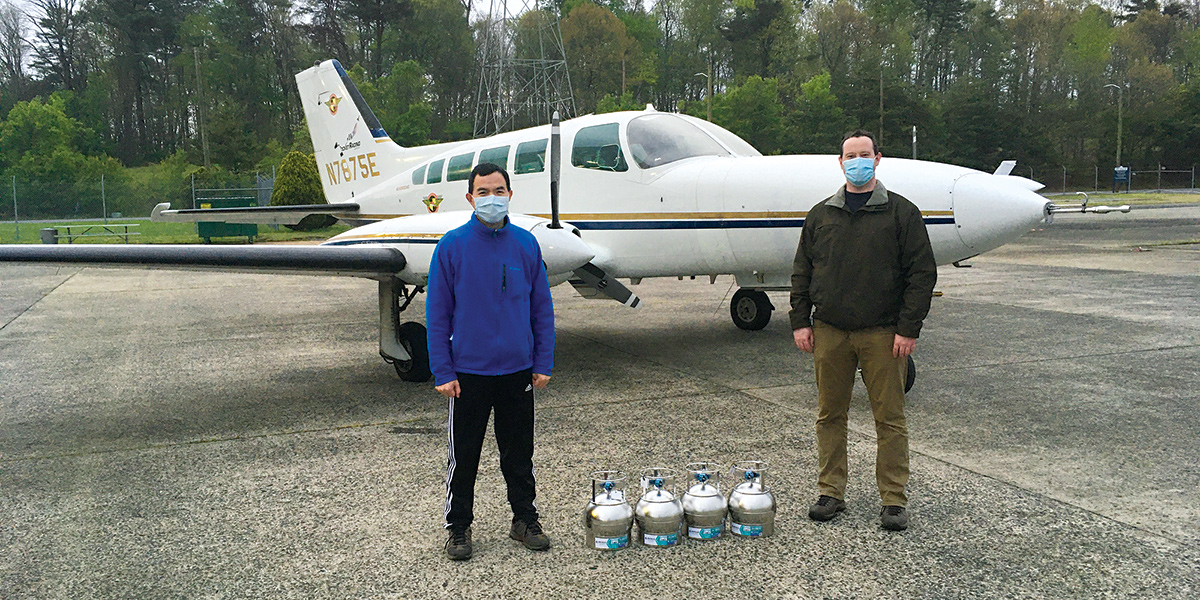|
Science on Tap:
The COVID Edition
A monthly lecture series on Zoom that explores the latest discoveries in COVID-19 science and technology
Air Pollution: Challenges; Success Stories; and Out of Left Field, COVID-19
Russell Dickerson
Professor
Atmospheric & Oceanic Science
Tuesday, December 8, 2020
7 p.m. EST
Zoom webinar
Registration is required
Register at go.umd.edu/scienceontapdec20.
Questions? Contact Abby Robinson
at abbyr@umd.edu or 301-405-5845.
Subscribe to Receive Science on Tap Emails
ABOUT THE TALK:
The Lancet Commission on pollution and health states, "Diseases caused by pollution were responsible for an estimated 9 million premature deaths in 2015—16% of all deaths worldwide—three times more deaths than from AIDS, tuberculosis, and malaria combined and 15 times more than from all wars and other forms of violence.” This talk will cover the environmental problem of air pollution and how it relates to climate change. From New York to New Delhi, our atmosphere is under attack. Meteorology and chemistry conspire to create smog episodes; and until recently, Baltimore suffered the worst air quality in the eastern U.S. But there is reason to be optimistic—policymakers have started to use the best science, and many areas of the world are enjoying the cleanest air in decades. The recent COVID-19 lockdown has provided concrete proof that cleaner air and a more stable climate are possible, if we maintain the will.
ABOUT THE SPEAKER:
Russell Dickerson's research focuses on the multidisciplinary areas of atmospheric chemistry air pollution, climate and global biogeochemical cycles. His research group, composed of chemists and meteorologists, develops analytical instruments for NOx, NOy, NH3, CO, SO2, CO2, CH4 and aerosols including black carbon; employs these instruments in the laboratory, field, and on ships and aircraft; and interprets the results in terms of photochemistry and atmospheric physics. They study convection, as well as the budget of tropospheric ozone and greenhouse gases in the Baltimore-Washington area, New York City, and on the large scale. They also compare in situ and satellite observations with calculations from computer models. Dickerson is a member of NASA's Ozone Monitoring Instrument Science Team, and he collaborates with NASA/Goddard, NIST, and NOAA/ARL. He also heads the Regional Atmospheric Measurement Modeling and Prediction Program (RAMMPP) and is a member of the Maryland Climate Change Commission.
This event is sponsored by the UMD College of Computer, Mathematical, and Natural Sciences and its Alumni Network. |






